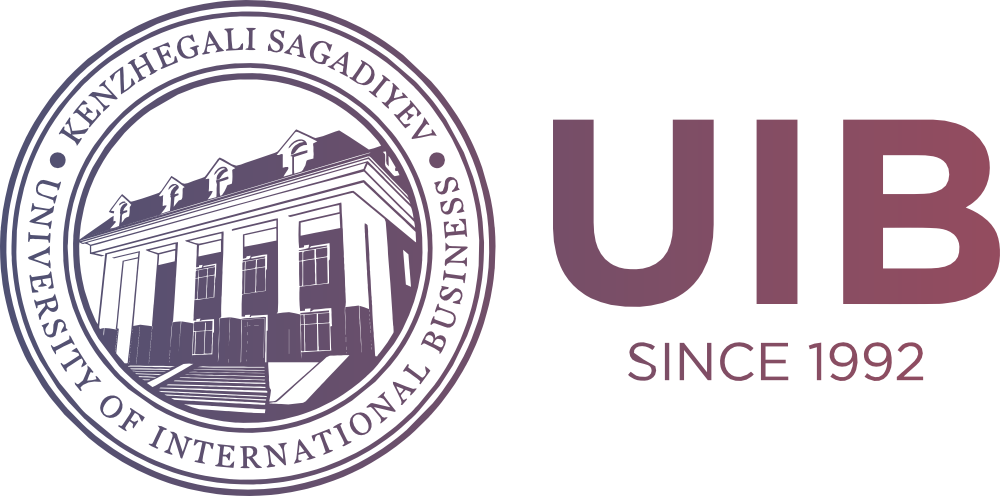Scientific Approaches to the Definition of Ethnо-Tourism Concept
DOI:
https://doi.org/10.47703/ejebs.v3i65.135Keywords:
Ethnо-Tourism, Ethnicity, Cultural Рeritage, Local Residents, Cultural TourismAbstract
The relevance of this study is due to the fact that at present ethno-tourism is one of the most promising and popular areas in the world tourism market. The main purpose of study is to review and compare tourism development theories in terms of the main drivers of ethnо-tourism development. This article examines the theory of the ethnо-tourism concept development, their definitions and distinctive elements, the relationship between this type of tourism and ethnicity and cultural heritage. The authors compared the concept of ethnо-tourism with cultural and ethnоgraphic tourism, then revealed a strong tie between these concepts. In addition, the study examined the primary and secondary importance of cultural tourism and ethnо-tourism for tourists.
A systematic literature review was conducted in June 2022 based on two databases - ISI Web of Science and Scopus, the selected results were analyzed according to common characteristics and attributes: geographical location; assessment methods used in the article. According to the analyzed scientific papers, it was revealed that ethno-tourism research is gaining popularity in Asian countries, and comprehensive research methods are widely used.
In addition, this study emphasized the need for collaboration of tourists and local residents in organizing ethnо-tourism activities and the benefits from developing ethnо-tourism in the region for representatives of the local community and the regional economy were discussed. The role of ethnо-tourism in the preservation and protection of the cultural heritage of local communities were emphasized. Furthermore, the functions and main resources for the development of ethnо-tourism were analyzed.
Downloads
How to Cite
Downloads
Published
Issue
Section
License

This work is licensed under a Creative Commons Attribution 4.0 International License.
Authors retain copyright and grant the journal right of first publication with the work simultaneously licensed under a Creative Commons Attribution (CC-BY) 4.0 License that allows others to share the work with an acknowledgment of the work’s authorship and initial publication in this journal.


